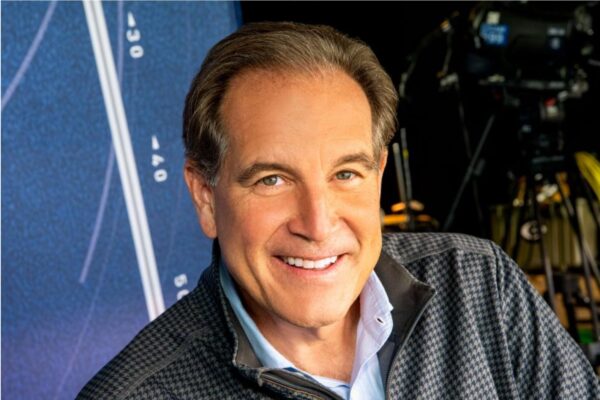By Aidan Wilkins | @AidanJWilkins
Sports Capital Journalism Program
INDIANAPOLIS – College basketball is evolving right before our eyes. The sport saw tremendous questions arise over a long offseason, as the Commission on College Basketball, led by chair Condoleezza Rice, made recommendations on how the NCAA may adjust its rules to allow more flexibility for men’s college basketball players. From this, many scenarios and questions have risen in regard to the future of the sport and rules such as “one and done,” as many elite talents elect to head to the NBA after just a single season at their institution.
The NBA G League answered one of these questions, stating that it will offer “elite” players a $125,000 contract to play in the G League, as opposed to spending a year playing college basketball, beginning with the 2019-2020 season.
This news has led to more questions, particularly if elite talents would elect to spend a year in the G League instead of taking their talents to the NCAA.
“One and done has not been all bad for the game college basketball,” said NCAA senior vice president of basketball, Dan Gavitt at the College Basketball Symposium prior to the tipoff of the 2018-2019 season. “You have seen incredible talent in the game who have gone on to do great things as well. But there are very few one and done players who have led their team to the Final Four, let alone a national championship.”
The senior vice president of basketball not only sees teams with prominent one and done players falter early in the tournament, but sometimes those talents do not even advance that far.
“Not only do one and done players not advance far in the tournament,” said Gavitt, “In many cases they don’t even make the tournament, like Ben Simmons or Markelle Fultz.”
Gavitt continued, stating a trend in champions that are typically absent of the elite talents in college basketball that depart for the NBA after their freshman season.
“I think what you find in the NCAA tournament is teams that are older, experienced teams that have been through the wars like an older Villanova team… those are the teams that are built for March and built to advance against many styles of play and success.”
NCAA leadership seems confident that the league and product will not suffer as a result of these anticipated changes. The real test could come in 2019 when college basketball faces its first legitimate competition for elite one and done talents.


